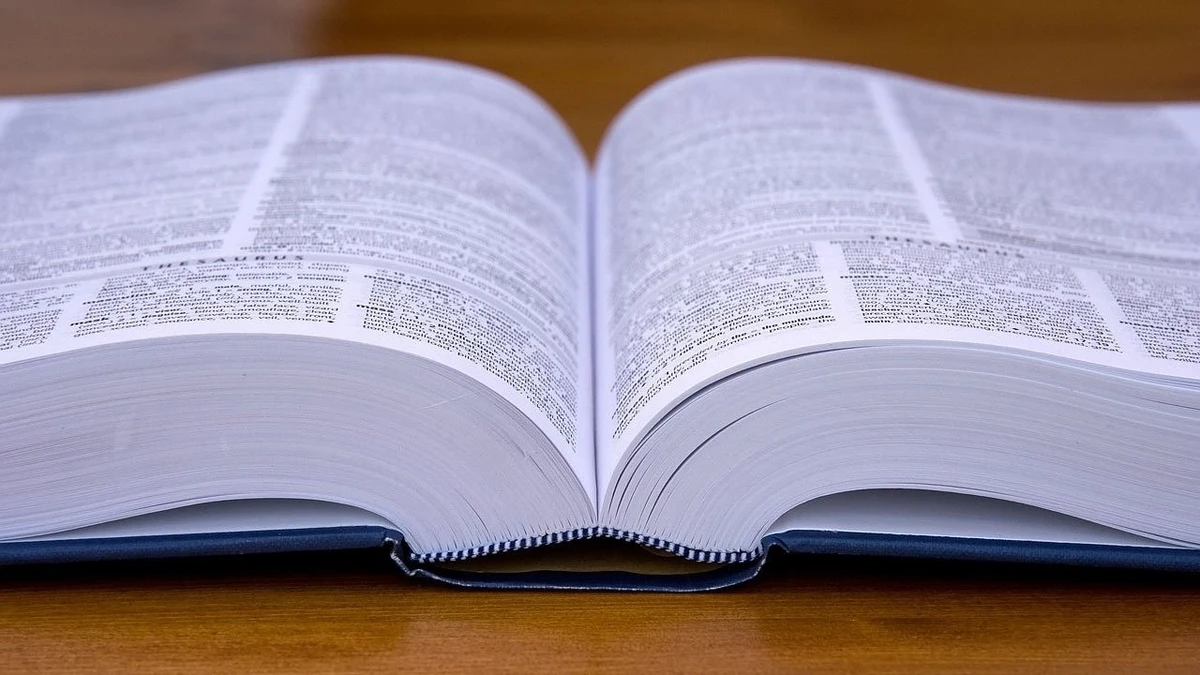
The Urgent Spanish Foundation (FundéuRAE) has chosen the term ‘Polarization’ as their word of the year 2023due to its “great presence in the media of communication and the evolution of meaning that it has experienced.
The term ‘polarization’ has been imposed on the rest of the candidates, several of them related to current events, technology, the environment or natural disasters, since the other finalists were ‘amnesty’, ‘ecosilence’, ‘euribor’, ‘FANI’, ‘fediverse’, ‘fentanyl’, ‘war’, ‘humanitarian’, ‘macrofire’, ‘earthquake’ and ‘ultrafalse’.
The entity highlights that the use of the word ‘polarization’ has spread in recent years to refer to situations in which there are two very defined and distanced opinions or activities (in reference to the poles), sometimes with the implicit ideas of tension and confrontation.
According to the Dictionary of the Spanish Language, polarizing is, among other things, orient in two opposite directionsand in the Essential Dictionary the following example is offered: ‘The war polarized society’.
In addition to its linguistic interest, the other reason for the choice of this term has been its high presence in the media of communication during the last few months. Applied to politics and the ideological fieldto the sports world, to the debate on digital platforms and, in general, to any scenario in which disagreement is common, the word polarization has spread throughout 2023.
The term ‘polarization’ appears in the academic dictionary since the 1884 edition with the same definition it currently has: ‘action and effect of polarizing or becoming polarized’. No
However, more than a century ago, polarization included the physical mark, which indicated that it was a term restricted to the language of this science, in relation to the poles.
The previous winners were ‘escrache’ (2013)‘selfie’ (2014), ‘refugee’ (2015), ‘populism’ (2016), ‘aporophobia’ (2017), ‘microplastic’ (2018), ’emojis’ (2019), ‘confinement’ (2020),
‘vaccine’ (2021) and ‘artificial intelligence’ (2022).
Source: Lasexta
Bruce is a talented author and journalist with a passion for entertainment . He currently works as a writer at the 247 News Agency, where he has established himself as a respected voice in the industry.












